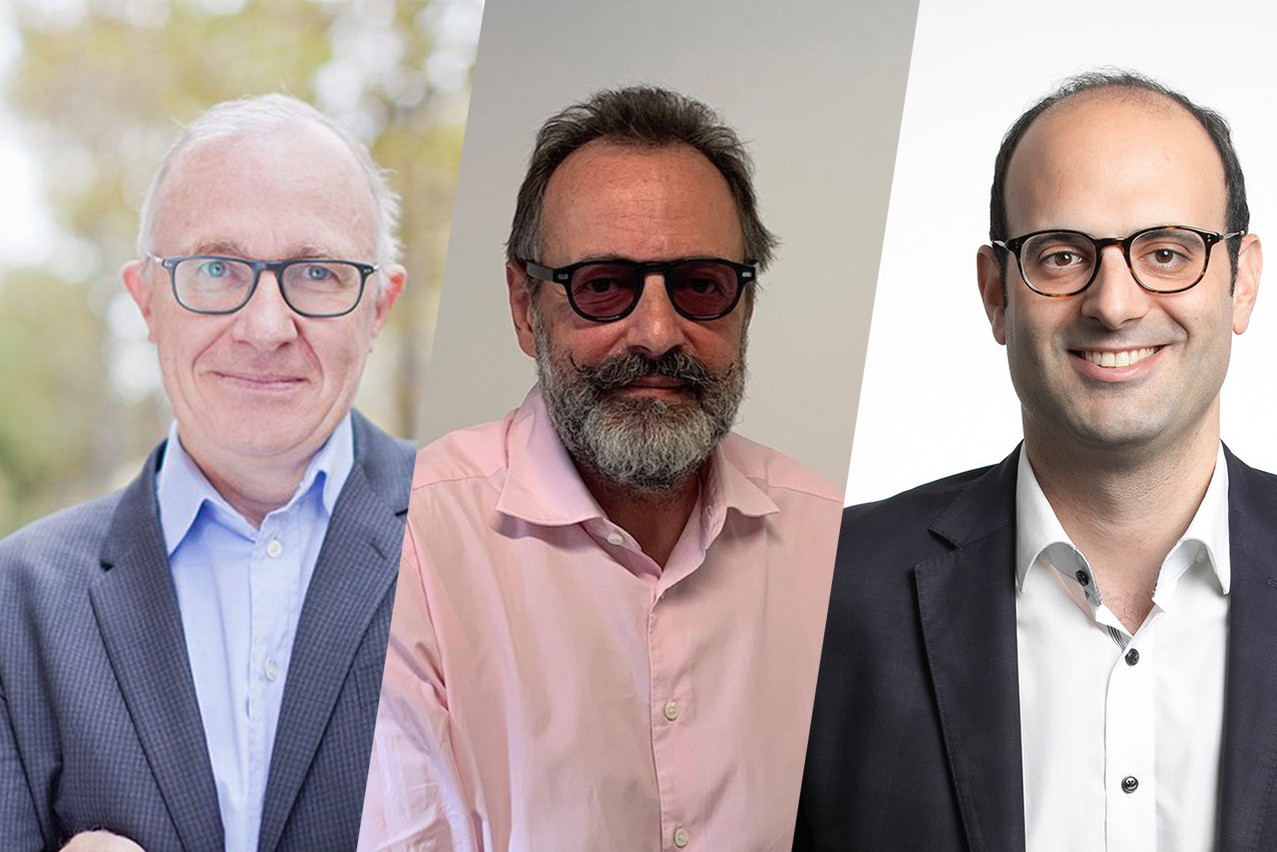Valuation is not something that’s easy to do, said Dana, who heads venture capital investments at the EIF, particularly in the current context where things are still a bit unknown. There are many methodologies and there’s also a lot of subjectivity.
Limiting subjectivity is “precisely why we request systematically to follow the IPEV [International Private Equity and Venture Capital Valuation] reporting guidelines,” Dana said. In fact, he added, the IPEV just released their new guidelines on 14 December.
There can also be a lot of volatility surrounding a startup and its funding, noted Bouvier. Limited partners (LPs) don’t like bad surprises, so it “behoves us to be transparent, whenever there’s a negative surprise for a startup.”
Finding the right balance
“Not all companies can be successes. We wish it could be the case, but it’s not,” said Dana. So if there’s anything bad that has occurred to make a valuation decrease, it’s important to explain why. Paying attention to a company’s evolution--either positive or negative--is key.
“It’s always [about] trying to find the right balance,” said Dana. “I would say we shouldn’t be optimistic in terms of valuation, we have to be realistic,” or even be between realism and pessimism. This way, if anything does happen, it can only be seen as good news.
Collombel, general partner and founding partner at Partech, added, “I think it’s super important in our very risky business to be prudent. That means that in the good times, sometimes we are conservative, because we don’t take the full potential value of companies in our books.” It’s an investment philosophy, he said.
Fair market value
“It’s very difficult to understand what is your fair market value,” said Collombel, though he thought that experienced investors would be able to form a “fairly good” idea around a company’s value. The complexity comes from two elements, he explained. First, the value of a company can increase or decrease. But the second element is the multiples at a given moment on the market.
Multiples are ratios that are used to determine valuations. Here, there are two different methods: either the absolute multiple at a given stage is taken, or a calibration can be done. But ultimately, said Collombel, after carrying out these technical exercises, the question remains: ‘If I were to sell this company, what would the buyer pay?’
2001 vs 2008 vs today
“I think there is an element that is pretty new in the European venture scene, when I compare to 2001 and 2008,” said Collombel. In 2001, companies had no business model and VCs had no funds. Then in 2008, “companies began to have a strong business model, but the VCs still [had] no dry powder.”
“In this cycle, what I find interesting is the fact that early-stage funds have quite a lot of money,” said Collombel. That’s the first element. The second element is that LPs will require growth-stage investors to invest. “I don’t know when, and I don’t know how,” he added, but “growth stage investors can’t stay more than one year away from the market, in my view.”
Moreover, there has been a lot more financial education since 2001, for both VCs and entrepreneurs, and the “quality of entrepreneurs has increased dramatically,” said Collombel.
What about inflation and rising interest rates?
“We’re coming out of 20, 25, 30 years, maybe more of investing with decreasing interest rates,” commented Bouvier. He compared “investing, pricing and valuing something with zero interest rates to practicing physics without taking into account the law of gravity.” Pricing and valuing an asset--in this case, a startup--when interest rates are near zero and money comes easy can lead to exuberance, higher valuations and a certain portion of investors who don’t really understand risk.
“We’re getting back to, like, normality,” said Bouvier. “But getting back to normality in terms of valuations and price rounds is extremely painful for certain parts of the market.” Will investing be more “grounded” in the future? Will it be easier to price and value startups?
“The market is coming back to more realistic and reasonable valuations,” according to Dana. It could be related to the rise of interest rates, but “it doesn’t explain the full thing.” US-based growth stage investors, for example, may be returning to their home markets instead of looking at Europe. But “at the same time, we have quite a significant amount of dry powder, especially for early-stage investors.”
Dana thinks that “now, we are back to something more reasonable.” But “we see more difficulty to fundraise at some level, but not only for new ones, but also some of the existing players.” There are many questions: ‘Will we experience the kind of performance we’ve seen for the last 10 years? Is that something which will ever be sustainable? Is that something that would even make sense, or be feasible?’
Nobody, however, has the answer yet, said Dana. But what is true is that “technology is here and will be the future again. So we have to make sure that the GPs [general partners] are even more selective than what they used to be to identify and select those companies which have the best chances to become the new winning ones.”
